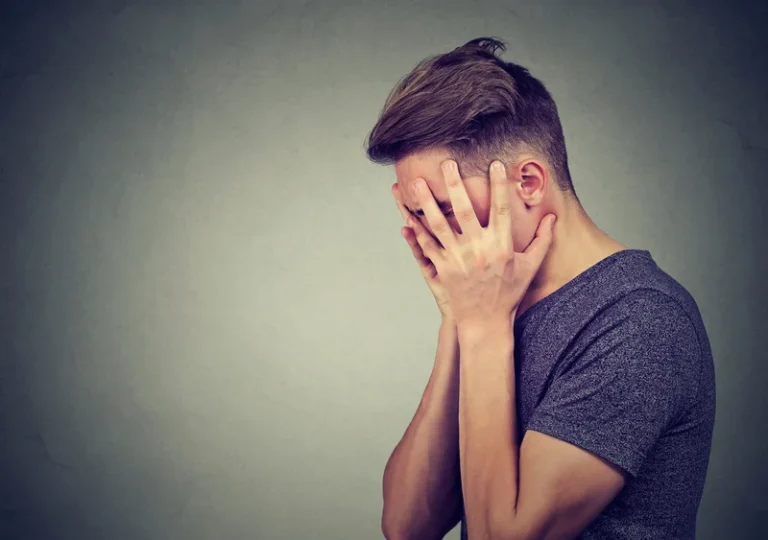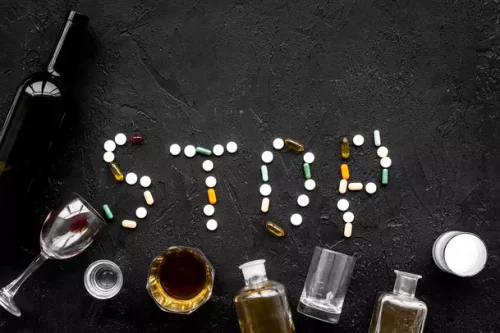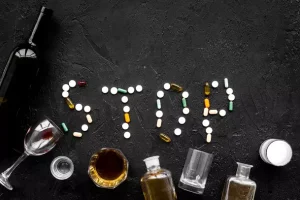Telefon:
+48 512 586 949

“But the thing with alcohol is, it is legal in much of the world. Plus, Boden adds, most people in booze-consuming countries are familiar from their youth with its effects, more intimately than they might be with those of a more controlled substance, and see it as safe and acceptable. None of this does drinking make your depression worse fully explains why so many folks dealing with depression reach for alcohol, though. Someone with anxious depression may just want a relaxant, not the euphoria of a drink, while someone experiencing lethargy and a lack of sensation may want the opposite. A sedative pill like Xanax might better serve the former, and an upper like cocaine the latter, with their more targeted and “clean” physiological effects. A little booze can reduce inhibitions, too, allowing those with social anxieties to break through barriers that trouble them, notes Joseph Boden, an alcohol use expert at New Zealand’s University of Otago.
Explore Bridges to Recovery
Today, Arizona is home to 22 federally recognized tribes, with Tucson being home to the O’odham and the Yaqui. Committed to diversity and inclusion, the University strives to build sustainable relationships with sovereign Native Nations and Indigenous communities through education offerings, partnerships, and community service. Patrick D’Alessandro has been sober since August of 2016, after pursuing treatment at Gateway Foundation — where he now works as a recovery coach. „When my depression is bad, I give myself a break and have a video game day on the couch,” she says. Sandra Lamb is a freelance science and health care journalist and author of books including How to Write It and Writing Well for Business Success. Your sense of self-worth can also directly impact your mood and behavior.

The Vicious Cycle of Alcoholism and Depression

Even among patients whose alcohol use does not rise to the level of an alcohol-use disorder, drinking can have a deleterious effect on depression and depressive symptoms and may dampen the impact of treatment for depression. However, subclinical drinking may not be addressed during the course of psychological or psychiatric treatment for depression. The authors advocate for the routine assessment of alcohol use, beyond questioning to diagnose alcohol abuse or dependence, in psychological and psychiatric settings. There is reason to believe that once identified, heavy alcohol use among depressed patients could be addressed effectively through the use of brief motivationally focused interventions.

Drinking Is Not a Healthy Habit for Managing Depression.
- Drinking persistently and excessively can increase your risk of developing a major depressive disorder.
- What’s more, one can make the other worse in a cycle that’s pervasive and problematic if not addressed and treated.
- People who are depressed and drink too much have more frequent and severe episodes of depression and are more likely to think about suicide.
- Alcohol use can also affect how antidepressants work, which can affect depression treatment.
- During his teens, he realized drinking boosted his confidence and made him feel like he „fit in” with his peers.
Alcohol directly impacts brain chemistry by altering the function of key neurotransmitters. Researchers agree that alcohol and depression have a bidirectional relationship, meaning amphetamine addiction treatment that depression can cause overuse of alcohol, but overuse of alcohol can also cause depression. This article covers everything you need to know about the connection between alcohol and depression.
- Alcohol can also interact with some antidepressants, like monoamine oxidase inhibitors, to cause negative side effects like elevated blood pressure, which could add to one’s overall sense of hangover day stress and anxiety.
- However, alcohol can make these feelings and other symptoms worse over time, perpetuating the cycle of alcohol consumption and depression.
- And plenty of people who had been “social drinkers” began drinking more alcohol to cope.
- But clinical depression isn’t just a matter of feeling the occasional ups and downs or periodic sadness caused by issues of daily life.
- It’s not uncommon to use alcohol to cope with difficult feelings and experiences.
Unfortunately, to our knowledge, no extant studies have attempted to determine the level at which alcohol consumption is detrimental to depression treatment. It is quite likely that standard recommendations, such as the limits suggested by the National https://ecosoberhouse.com/ Institute on Alcohol Abuse and Alcoholism (1995) for “at risk” drinking, are not appropriate for this population. Furthermore, there is likely to be significant individual variation in the level at which alcohol use negatively impacts depressive symptoms and depression treatment. Alternatively, clinicians may choose to recommend at least temporary periods of abstinence for their depressed patients. Research informs us there is a link between depression and alcohol but there’s often the question of which came first. Does one drink to feel better or does one become depressed with excessive drinking?
- A key factor in depressive illnesses is the predisposition for it, according to Hegerl.
- If you’re depressed, you may be inclined to drink and the more you drink, the worse your symptoms may get, according to a 2019 study.
Why does drinking alcohol make me feel better when I’m depressed?
Monoamine oxidase inhibitors, or MAOIs, are antidepressants not commonly used. They potentially cause severe side effects and may even trigger deadly interactions with certain foods and other drugs. You are not likely to be prescribed an MAOI unless other antidepressants and treatments have not worked for you and your doctor believes the benefits outweigh the risks. “Alcohol can make one’s depression worse, as it’s a depressant and impacts one’s brain functioning,” Perry Witherspoon explains.
